Top five nonprofits that fight climate change in 2022
After 6,000 hours of research, we found these evidence-backed, cost-effective organizations that can maximize the impact of your climate donations.
What can I do about climate change?
With COP27 freshly in the books, efforts by governments to address climate change are ramping up. At the same time, climate impacts are more salient than ever, as hurricanes and floods wreak havoc across the globe with alarming frequency. What can an average person do?
At Giving Green, we believe individual actions matter, especially when they contribute to systemic change: changing the laws, norms, and systems that cause unsustainable emissions. And donating to high-impact climate nonprofits that work to change the systems can be one of the most impactful individual actions on climate change.
Giving Green is a guide for individuals and businesses to make effective climate giving decisions, and we believe there are more opportunities for smart, effective climate giving than ever. With the recent passage of the US Inflation Reduction Act (IRA, the biggest climate bill in the US and arguably the world) and increasingly promising green technologies, a rapidly-growing community of climate donors are poised to have a meaningful and lasting impact. Our scientific, transparent, and actionable recommendations provide everyday people with the information and confidence they need to make highly impactful climate donations.
Giving Green’s top climate nonprofit recommendations
This year, we have partnered with Giving What We Can to facilitate donations to all five of our top climate nonprofits. You can give to any or all of our top nonprofits here.
In alphabetical order:
Clean Air Task Force
Government policies in the US and abroad represent high-leverage opportunities to establish and support new norms at a scale that nonprofits and the private sector could never achieve alone. Clean Air Task Force has an impressive track record shaping and ensuring the passage of large-scale policies and agreements such as the Inflation Reduction Act and Global Methane Pledge, as well as continually supporting the global scale-up of emerging technologies such as carbon capture and zero-carbon liquid fuels. For more information, see our Clean Air Task Force recommendation summary.
Evergreen Collaborative
The Inflation Reduction Act includes $369 billion in climate provisions, an enormous sum whose impact depends on the details of implementation. Evergreen Collaborative successfully advocated for many pieces of the IRA and is now shifting focus to making sure that corporations, states, and the Biden Administration take full advantage of new policy provisions. We think Evergreen’s nimble makeup, connections to governors’ offices, and targeted focus on specific states could result in big impacts in the years ahead. For more information, see our Evergreen Collaborative recommendation summary.
Good Energy Collective
Wind and solar power are now competitive pieces of the green electricity puzzle, but they can’t do it alone. A new era of low-carbon “advanced” nuclear reactors promises a safer, cheaper, and more scalable complement to renewable energy than traditional nuclear power. Good Energy Collective engages with US communities and politicians to ensure there’s broad support for advanced nuclear power. For more information, see our Good Energy Collective recommendation summary.
The Good Food Institute
Livestock production is responsible for at least 10% of global emissions – livestock belch methane, require substantial (often deforested) grazing land, and contribute to general supply chain emissions. Despite this large footprint, there has been relatively little government effort to meaningfully reduce agricultural emissions. The Good Food Institute seeks to make alternative proteins (e.g., plant-based burgers) competitive with conventional proteins (e.g., beef), which we believe could reduce livestock consumption. We think the Good Food Institute’s thoughtful approach to scientific research, industry partnerships, and government advocacy increases the likelihood of alternative proteins going mainstream. For more information, see our The Good Food Institute recommendation summary.
Industrious Labs
Heavy industries like steel and cement are the literal building blocks of the global economy. They also account for one-third of greenhouse gas emissions, but have received very little attention from government or philanthropy. Industrious Labs is a new organization dedicated to helping global heavy industry go green. In collaboration with partner organizations, Industrious Labs advocates to corporations to make low-carbon commitments, and applies legal and political pressure to governments to ensure there’s regulation and public funding to speed up the transition. For more information, see our Industrious Labs recommendation summary.
Our Recommendations for Businesses
While we think that donating to our top climate nonprofits is the most effective way to deploy money to fight climate change, we know that giving to policy advocacy is likely infeasible for most businesses. Our white paper outlines various high-impact corporate climate strategies that businesses can adopt, either through making investments in decarbonizing their own operations or donating to impactful organizations. Our specific recommendations for businesses include making catalytic investments in carbon removal though the Frontier or Milkywire funds, buying carbon removal from Mash Makes, Charm Industrial, or Climeworks, or buying high-quality carbon offsets from Tradewater or BURN.
Our research
Over the past year, we spent around 6,000 hours finding and evaluating highly cost-effective climate nonprofits. We analyzed policy papers and academic publications; interviewed experts in academia, policy, and philanthropy; examined organizations’ finances and reports; and spoke with organization representatives. We used our findings to assess each organization’s theory of change and ability to absorb additional funding. We also built cost-effectiveness analysis models to roughly estimate how much an additional donated dollar might reduce greenhouse gas emissions.
For more information, see our 2022 updates to Giving Green's approach and recommendations.
Support Giving Green’s operations
As a nonprofit organization, we rely on donations to continue our research into top climate organizations and keep our findings public. We are grateful for the support of climate donors who believe in high-impact climate action and evidence-based giving advice. If you share our mission of making high-impact climate giving easier, for everyone, you can make a tax-deductible donation to Giving Green here.
Support Our Work
Giving Green Fund
One fund. Global impact. One hundred percent of your gift supports a portfolio of high-impact climate organizations, vetted by our research.
Best for:
Donors who want the simplest way to impact multiple climate solutions.
Top Climate Nonprofits
Meet the organizations on Giving Green’s list of high-impact nonprofits working to decarbonize our future, identified through our rigorous research.
Best for:
Donors who want to give directly and independently.
Support Our Work
We thoroughly research climate initiatives so you can give with confidence. For every $1 we receive, our work unlocks another $21 for effective climate solutions.
Best for:
Donors who want to amplify their impact through research.




.png)

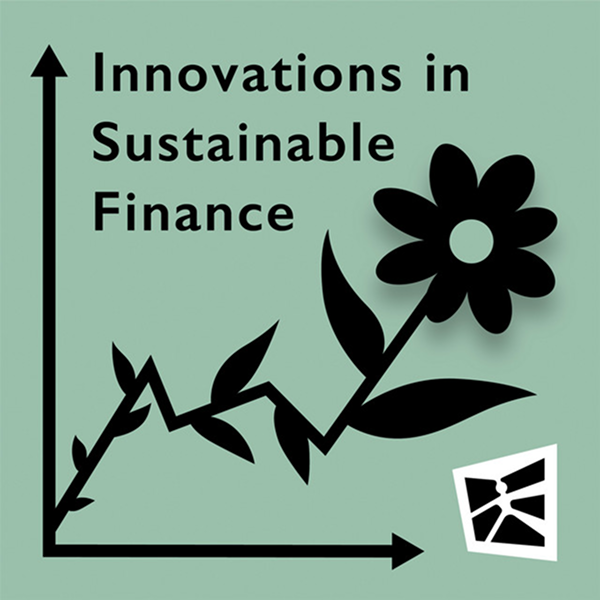
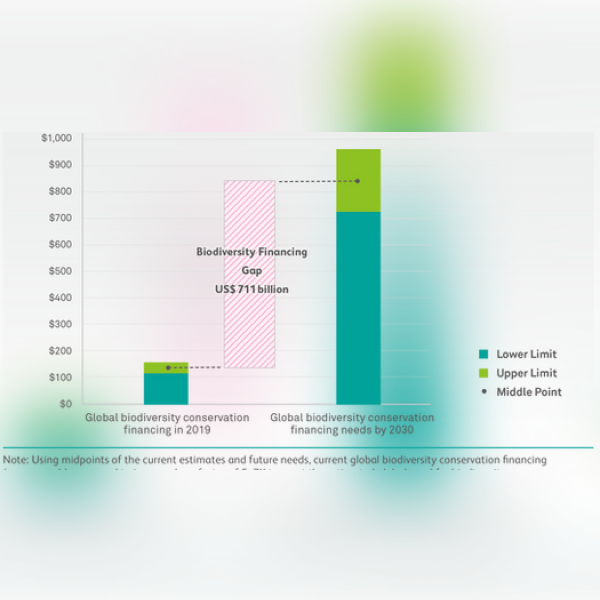

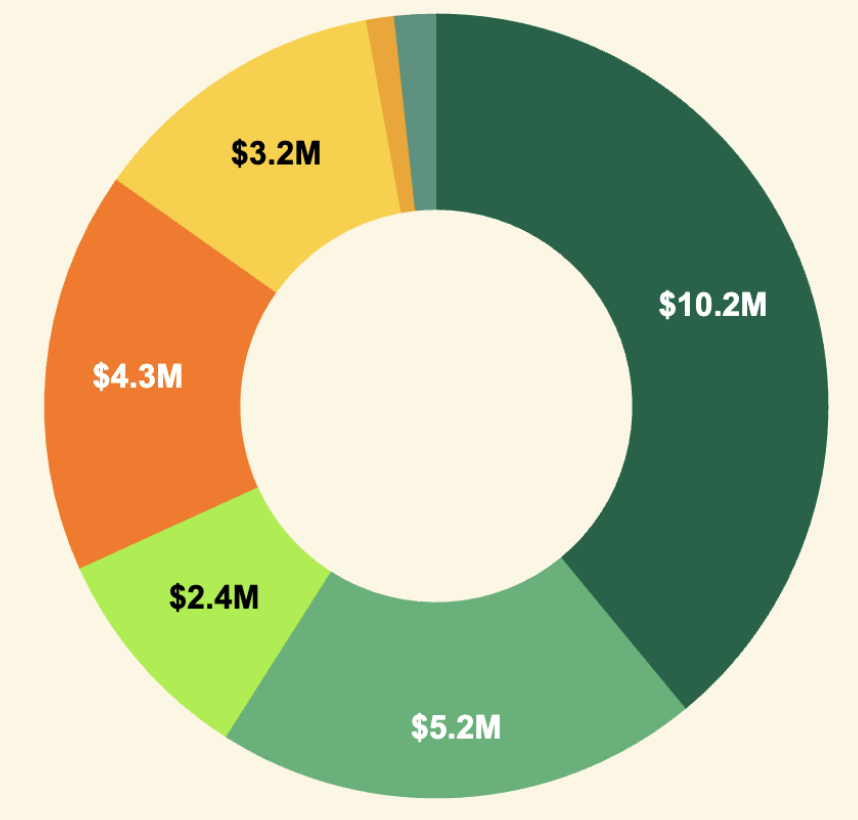

.png)
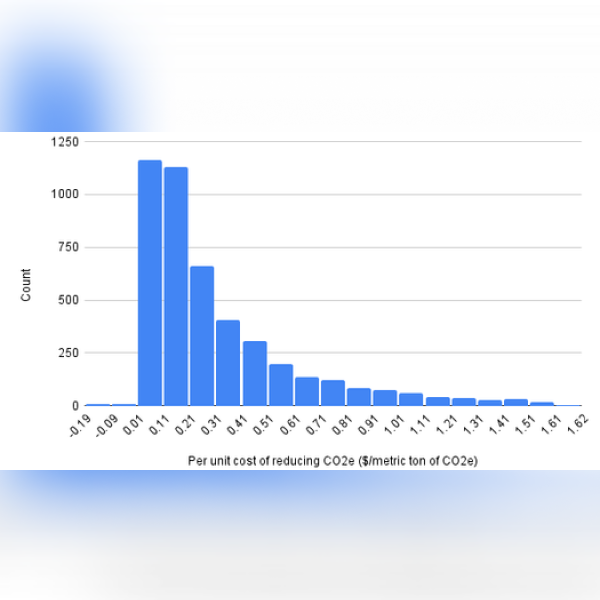





.png)




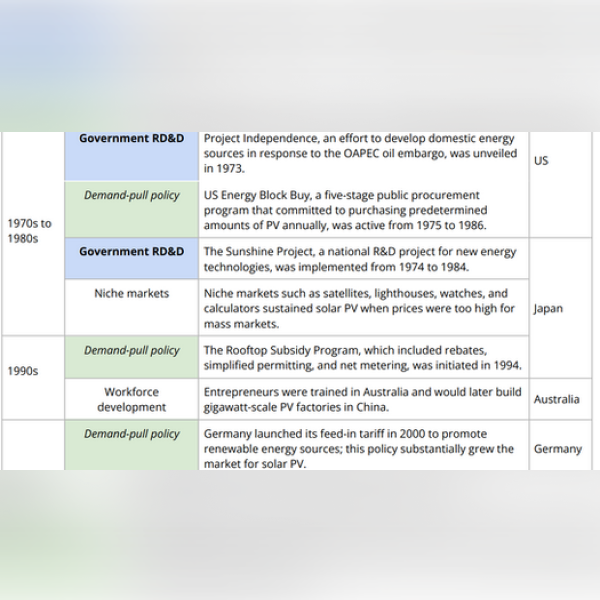


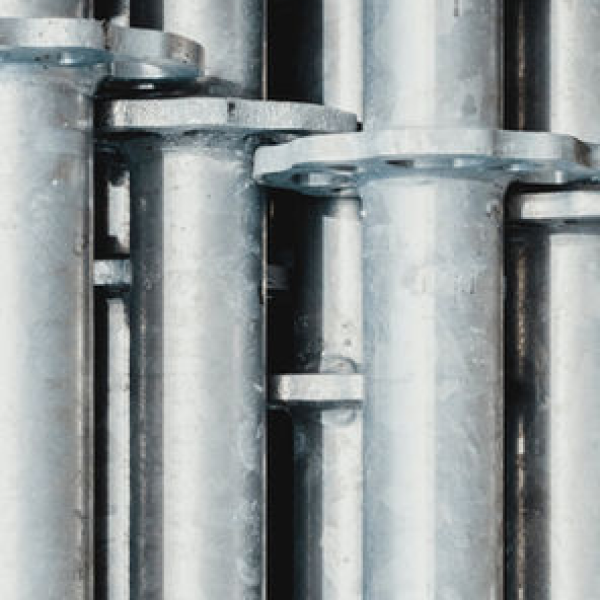

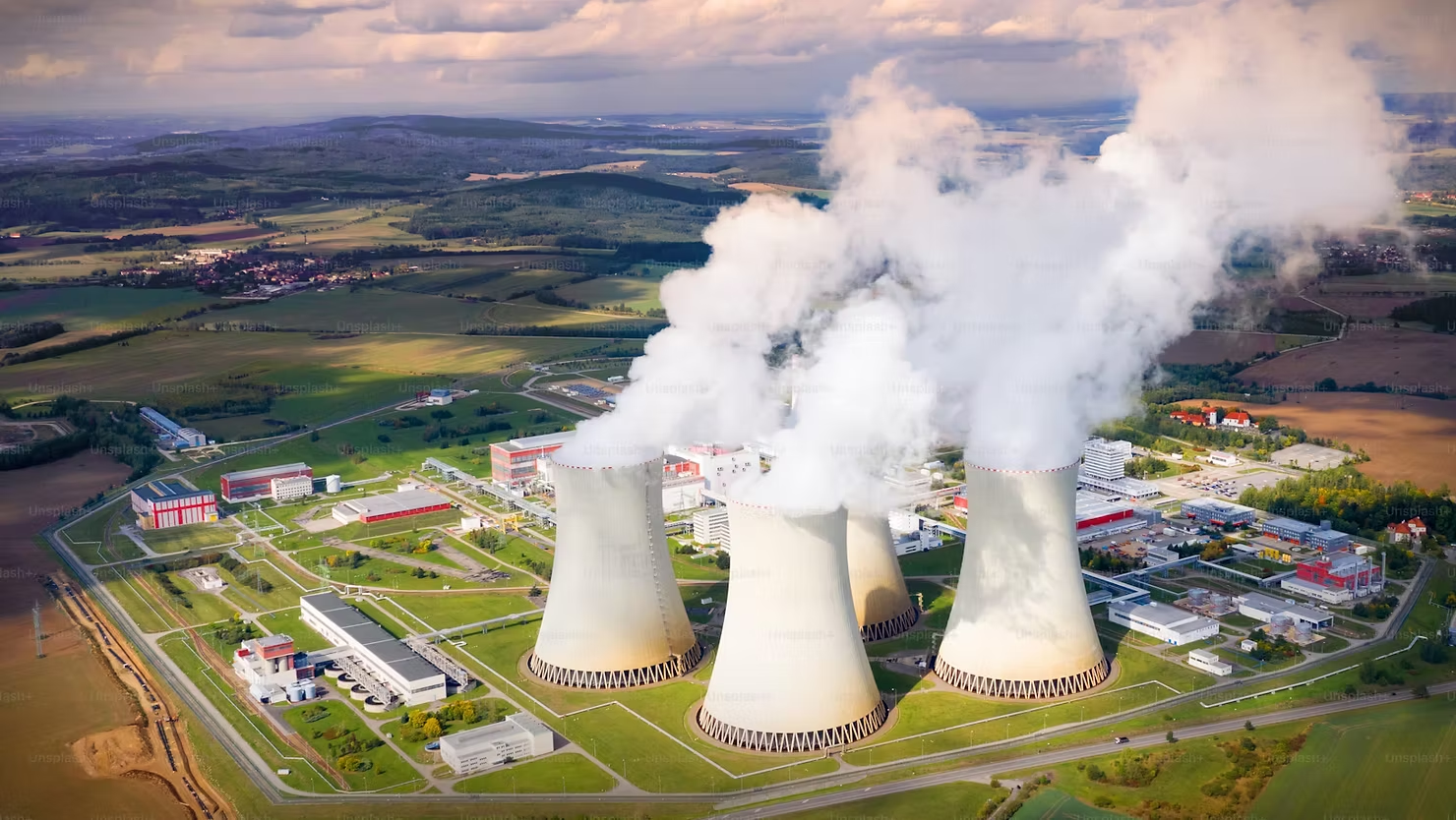

.png)
.png)
.png)










.png)


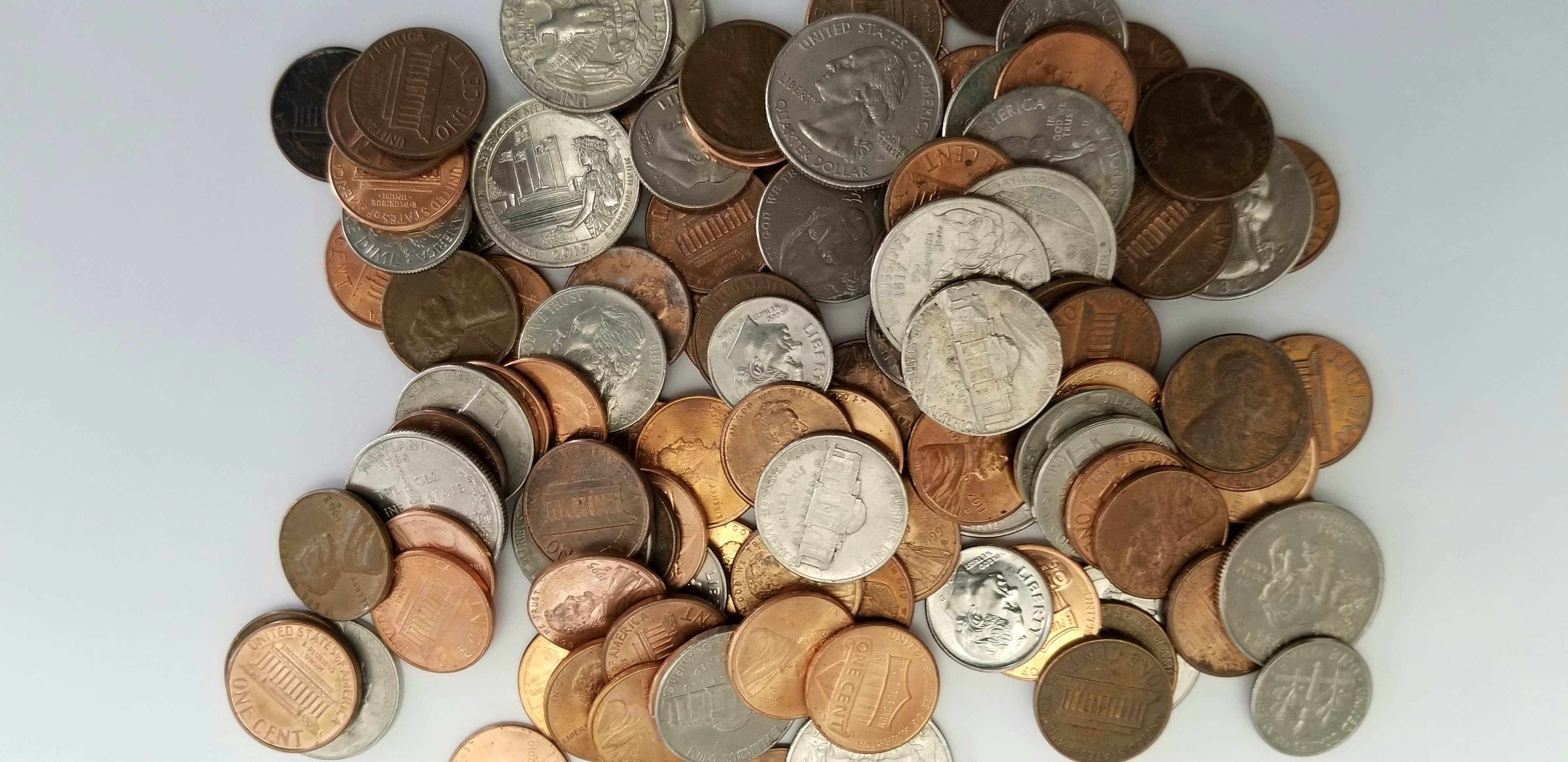






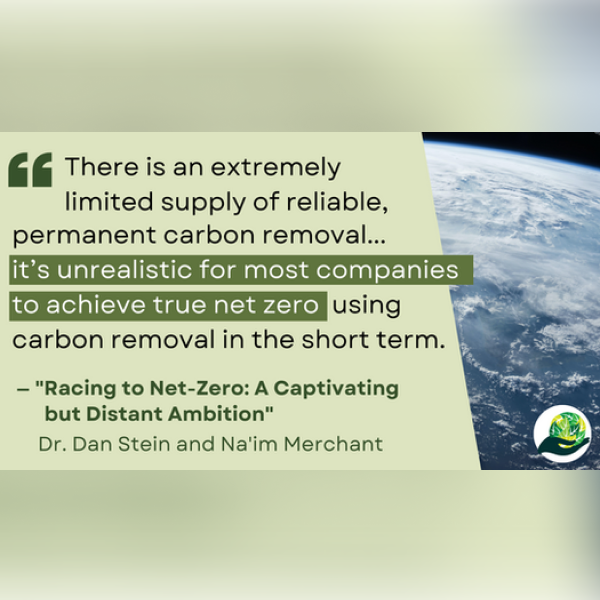
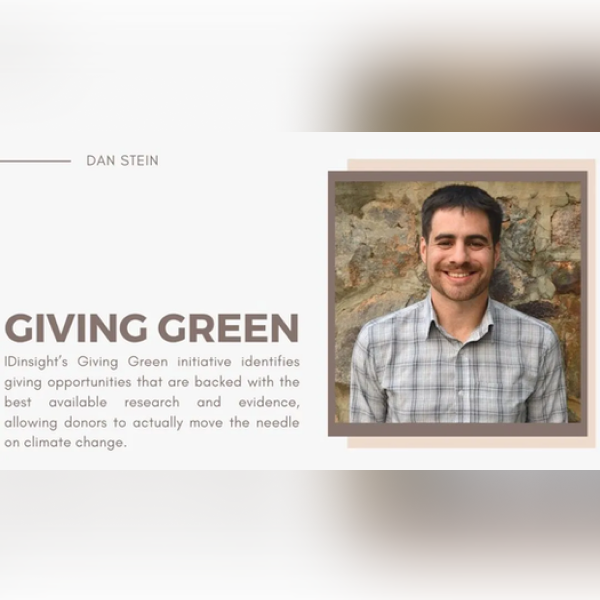


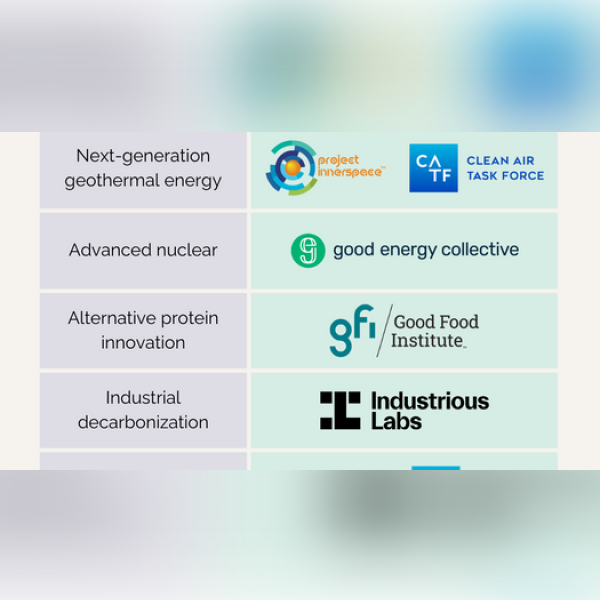
.png)














